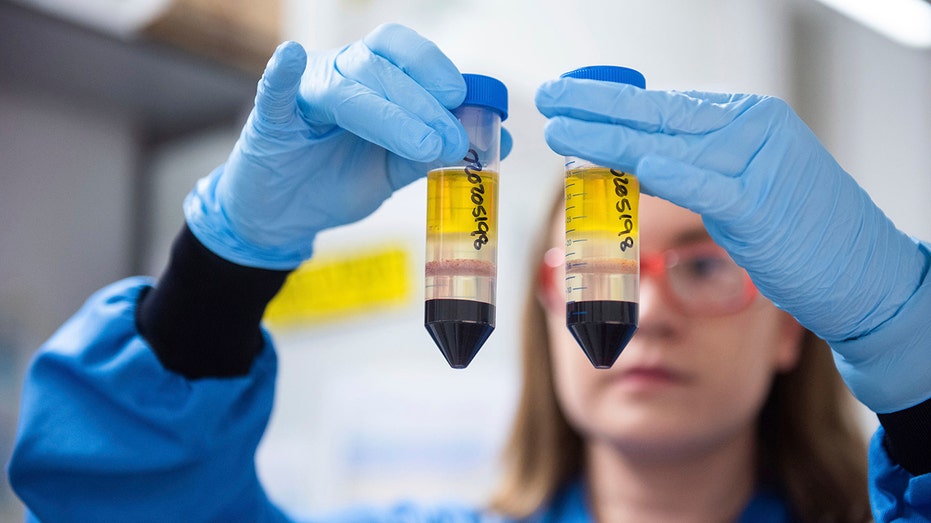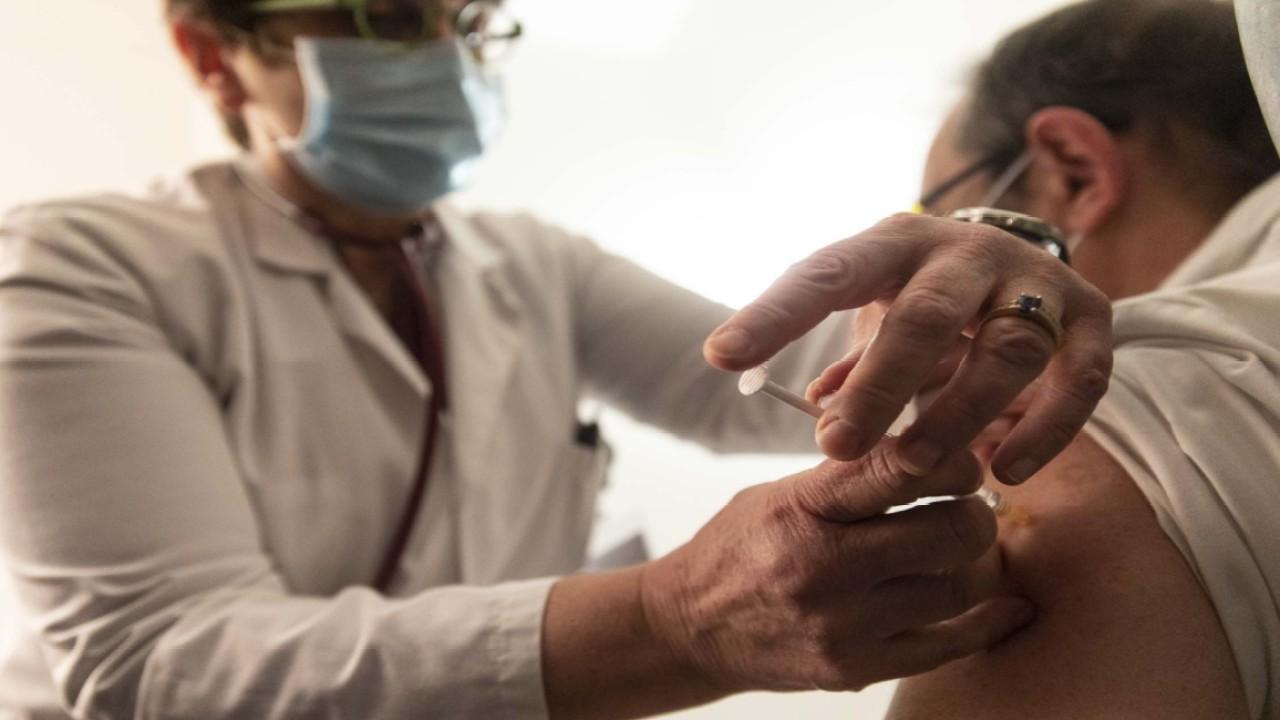AstraZeneca vaccine suspension in Italy, Germany roils Europe's inoculation efforts
European Union's top drug regulator says there's 'no indication' the vaccine causes blood clots
Germany, France, Italy, and other major European countries suspended the use of AstraZeneca's COVID-19 vaccine this week following reports of dangerous blood clots in some recipients marking the latest setback in an already slow inoculation effort across the continent.
The pause came despite assurances from the European Union’s drug regulator that there is “no indication” the AstraZeneca vaccine causes blood clots.
One of three vaccines in use in the EU, AstraZeneca is standing firm behind its vaccine stating that there have been just 15 instances of deep vein thrombosis and 22 cases of pulmonary embolism among the millions of Europeans who have received the vaccine.
“Around 17 million people in the EU and UK have now received our vaccine, and the number of cases of blood clots reported in this group is lower than the hundreds of cases that would be expected among the general population," Ann Taylor, chief medical officer for the drug company, said Sunday.
Stocks In This Article:
HERE'S HOW MUCH MONEY PFIZER, MODERNA AND JOHNSON & JOHNSON COULD MAKE FROM COVID VACCINES
Italy, Germany, and other countries paused the vaccine pending a European Medicines Agency review that has been promised for Thursday.
“We are still firmly convinced that the benefits of the AstraZeneca vaccine in preventing COVID-19 with its associated risk of hospitalization and death outweigh the risk of the side effects," Emer Cooke, the head of the drug regulator, said at a press conference Tuesday.
Dr. Michael Head, a senior research fellow in global health at the University of Southampton in England, said he sees no data yet to justify suspending the AstraZeneca vaccine and called the decision “baffling.”
“Halting a vaccine rollout during a pandemic has consequences,” Head said. “This results in delays in protecting people, and the potential for increased vaccine hesitancy, as a result of people who have seen the headlines and understandably become concerned.”
The suspension left some Europeans stranded. About 11,000 Italians had to cancel their vaccination appointments between Tuscany and Sicily, Bloomberg reported.
MODERNA BEGINS TESTING COVID-19 VACCINE IN KIDS UNDER 12
Vaccine appointments across Germany were also canceled Monday afternoon as Germans queueing up in line were sent home when doctors were ordered to stop administering the vaccine, according to The Guardian.

FILE - In this undated file photo issued by the University of Oxford on Monday, Nov. 23, 2020, a researcher in a laboratory at the Jenner Institute in Oxford, England, works on the coronavirus vaccine developed by AstraZeneca and Oxford University. ( (University of Oxford/John Cairns via AP)
Concerns about potential blood clots follow a somewhat fraught development process, as Germany initially said it would restrict the AstraZeneca vaccine to people under 65 due to concerns about its effectiveness in the elderly, only to reverse that decision earlier this month and make it available to everyone.
The pause is further compounded by the spread of COVID-19 variants on the continent, some of which could be more contagious and more deadly.
CLICK HERE TO GET FOX BUSINESS ON THE GO
A handful of countries in Europe, including Belgium, Poland, Greece, and Romania, are pushing forward with the vaccination effort as the European Medicines Agency completes its review.
The United States has not yet given the green light to the AstraZeneca vaccine, which was developed at Oxford University in the UK.
The Associated Press contributed to this report.




















